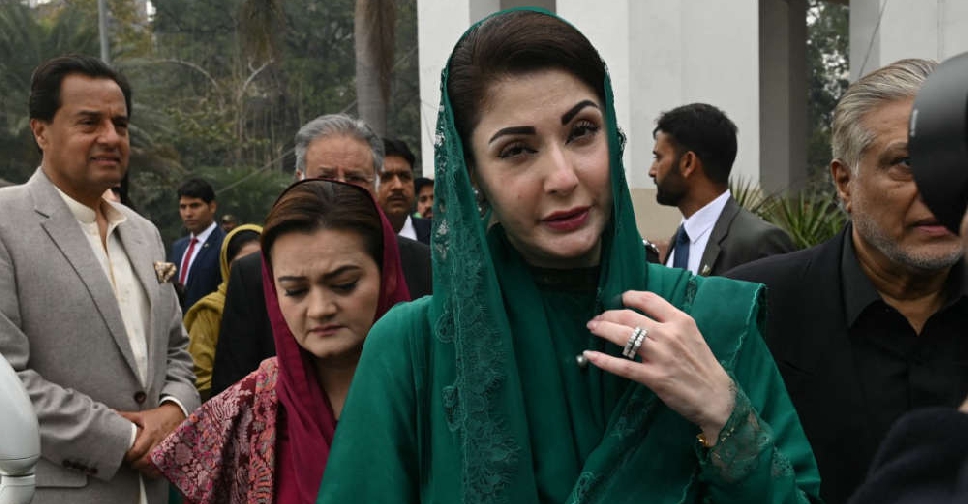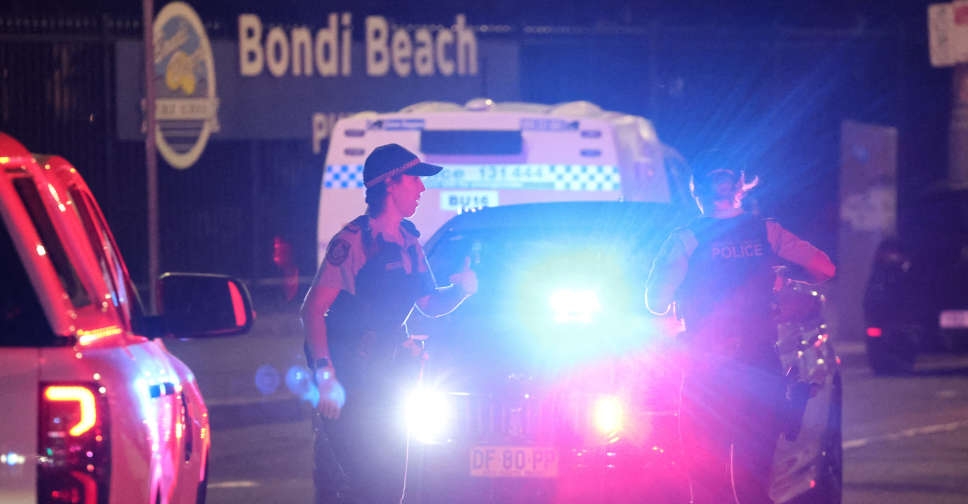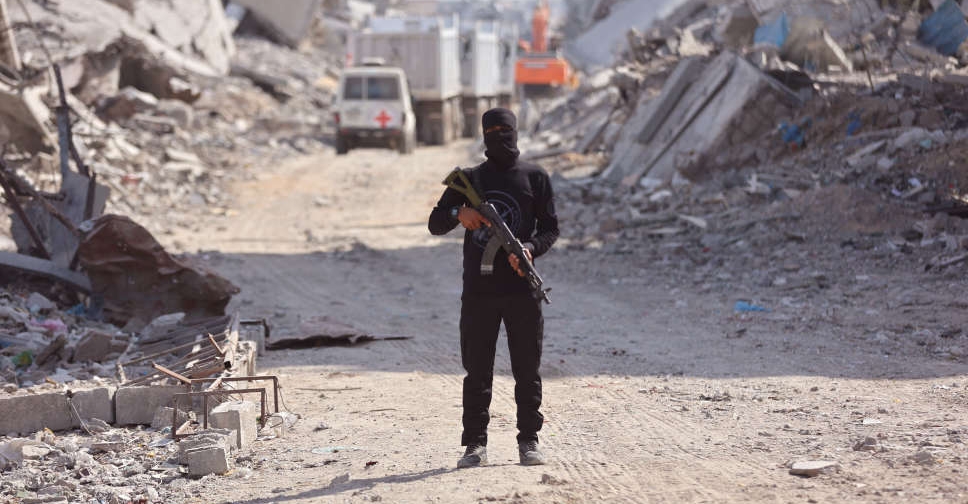
Maryam Nawaz, the daughter of Pakistan's three-time former prime minister Nawaz Sharif, was elected on Monday as the head of the country's most populous province, Punjab.
Maryam, 50, her father's political heir, is the first woman to be chief minister of Punjab - a post that has long been a stepping stone to becoming the country's prime minister.
She secured 220 votes in the 371-seat provincial assembly, the Punjab assembly speaker said as he announced the results of the election that was boycotted by the opposition Sunni Ittehad Council party backed by jailed former prime minister Imran Khan.
Khan and his allies allege that the February 8 national elections were rigged against them - an allegation denied by the country's election commission.
"I am disappointed the opposition is not here to be part of this democratic process," Maryam said in her address to the house after winning the election, adding that her doors were open to talks with the opposition.
Maryam is the fourth member of her family to become the chief minister of Punjab, which accounts for 53 per cent of Pakistan's 241 million population and 60 per cent of its $350 billion GDP. It is also the home province of the Sharif family.
Her father, Nawaz Sharif, and his younger brother, Shehbaz Sharif, have also been chief ministers of Punjab. Shehbaz's son held the post for a few months last year.
Shehbaz is likely to be elected Pakistan's prime minister for a second time when the parliament meets later this week.
Maryam Nawaz is known for her fiery speeches and pulling large crowds, but has not held a prominent public office before. The 2024 general election was the first time she contested the polls, and she represented her father's Pakistan Muslim League-Nawaz.
She entered mainstream politics after 2017 when she and her father were found guilty of concealing assets, and they both served jail time before their convictions were overturned.
After her father left for London in late 2019 for medical treatment, she led a countrywide campaign to take on Khan's government, the country's powerful military and the judiciary, who she blamed for targeting her party and family.
She has faced deep criticism from opponents, including Khan, of dynastic politics in Pakistan. But has also been targeted for being a woman leader in the socially conservative Muslim nation.


 Shooting at Australia's Bondi Beach kills 12
Shooting at Australia's Bondi Beach kills 12
 Police hold person of interest after Brown University shooting leaves two dead
Police hold person of interest after Brown University shooting leaves two dead
 Hamas says Israel's killing of senior commander threatens ceasefire
Hamas says Israel's killing of senior commander threatens ceasefire
 Ukraine's Zelenskyy ditches NATO ambition ahead of peace talks
Ukraine's Zelenskyy ditches NATO ambition ahead of peace talks



